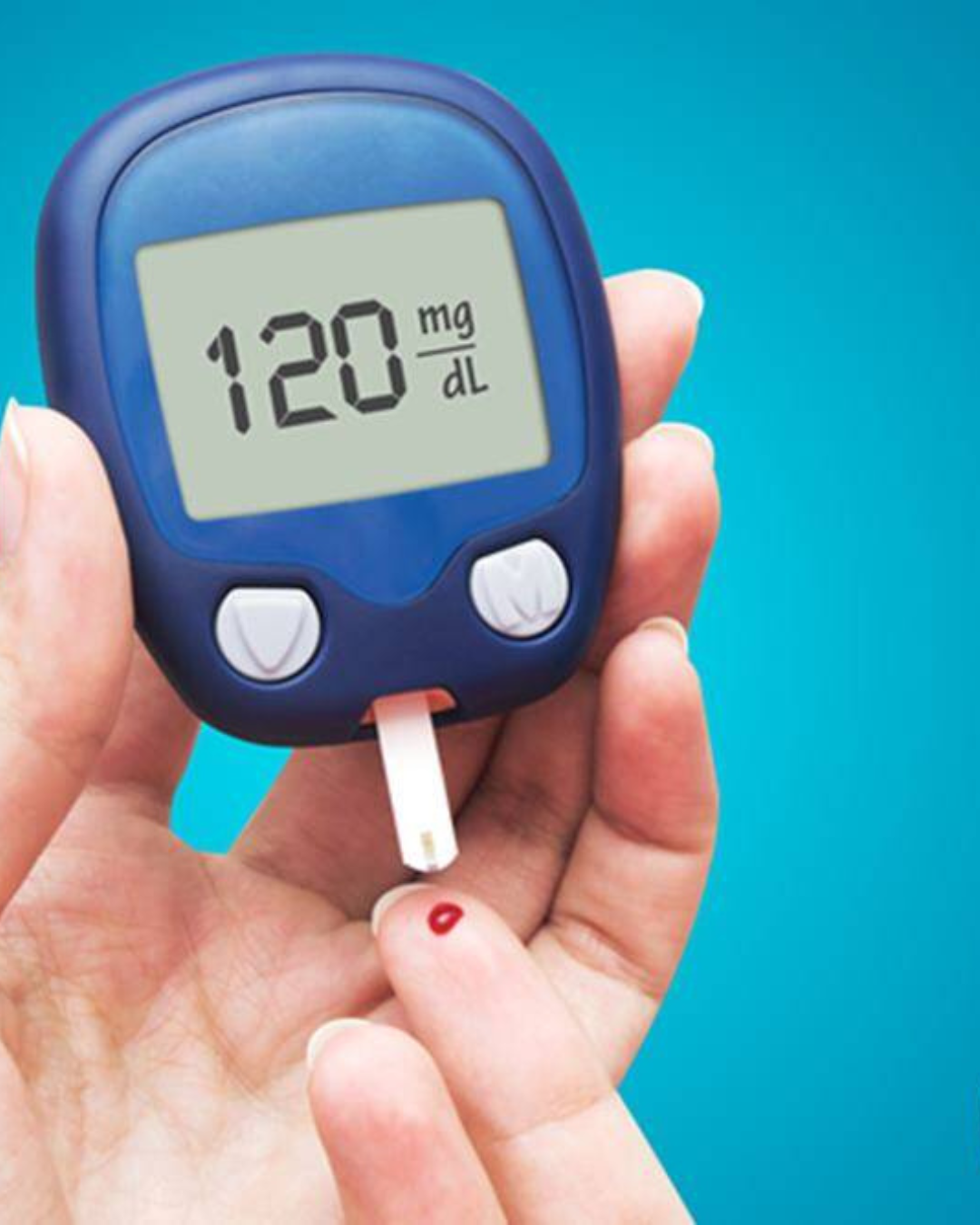Regular full body tests, also known as comprehensive health checkups or annual physical exams, are essential for maintaining good health and preventing potential health risks. These tests provide a comprehensive evaluation of your overall well-being, allowing healthcare professionals to identify potential issues early on. In this article, we explore the importance of regular full body tests and how they can empower individuals to take proactive measures for their health.
- Early Detection of Health Conditions: Full body tests include a range of screenings and diagnostic tests that assess various aspects of your health, including blood tests, imaging scans, and physical examinations. By detecting potential health conditions in their early stages, such as cardiovascular diseases, diabetes, cancer, or hormonal imbalances, early intervention and treatment can be initiated, improving outcomes and reducing the risk of complications.
- Prevention and Risk Assessment: Full body tests provide an opportunity to assess your risk factors for certain diseases and conditions. Through a combination of medical history evaluation, family history analysis, and risk factor assessments (e.g., smoking, sedentary lifestyle, or high blood pressure), healthcare professionals can provide personalized guidance on lifestyle modifications, preventive measures, and appropriate screenings tailored to your specific risk profile.
- Holistic Health Assessment: Comprehensive full body tests go beyond individual symptoms or specific body systems. They offer a holistic assessment of your overall health, considering factors such as mental health, emotional well-being, lifestyle choices, and nutrition. This comprehensive evaluation enables healthcare professionals to identify any potential imbalances or areas of improvement, empowering individuals to make informed decisions about their health.
- Peace of Mind: Regular full body tests can provide peace of mind, knowing that you have taken proactive steps to monitor your health. These tests offer reassurance, especially when the results come back within normal ranges. On the other hand, if any abnormalities are detected, early identification allows for prompt medical intervention and appropriate management, reducing anxiety and uncertainty associated with undiagnosed health conditions.
- Establishing Baseline Health Data: Full body tests serve as a baseline for tracking changes in your health over time. By establishing a comprehensive record of your health markers, including blood pressure, cholesterol levels, organ function, and other key metrics, future tests can be compared to identify any significant deviations or trends, leading to early detection of potential health concerns.
- Health Education and Counseling: During a full body test, healthcare professionals often provide personalized health education, counseling, and lifestyle recommendations based on the individual’s test results and risk factors. This guidance can help individuals make informed decisions about their diet, exercise routine, stress management, and overall well-being, leading to improved health outcomes and quality of life.
- Tailored Preventive Care: Regular full body tests enable the implementation of tailored preventive care measures. Based on your test results and risk factors, healthcare providers can recommend specific vaccinations, screenings, and lifestyle modifications to optimize your health and reduce the risk of developing chronic conditions in the future.
Regular full body tests are a fundamental aspect of proactive healthcare. They play a pivotal role in early detection, prevention, and overall health management. By undergoing comprehensive evaluations, individuals can stay one step ahead in their health journey, allowing for timely interventions, risk assessment, and personalized preventive care. Prioritizing regular full body tests empowers individuals to take control of their health, leading to a higher quality of life and improved long-term well-being.





